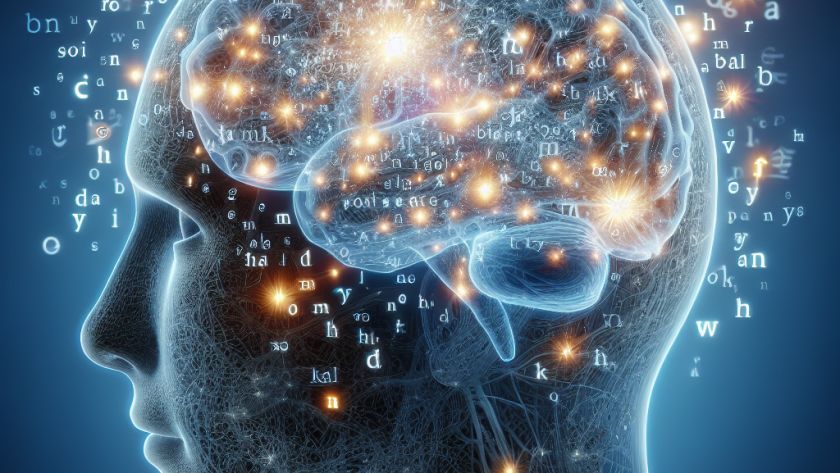Artificial Intelligence, Brain and cognitive sciences, Computer science and technology, Language, Machine learning, McGovern Institute, MIT Schwarzman College of Computing, MIT-IBM Watson AI Lab, Neuroscience, Research, School of Engineering, School of Science, UncategorizedApril 24, 2024197Views0Likes A recent study from MIT has uncovered that the human brain's principal language processing centers are most activated while reading complex, unusual sentences. The artificial language network assisted study revealed that the more intricate a sentence was, either through unconventional grammar or unexpected meaning, the more these language processing centers were activated. In contrast, simple…
Read More



